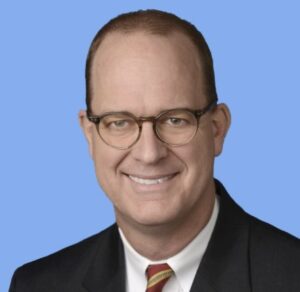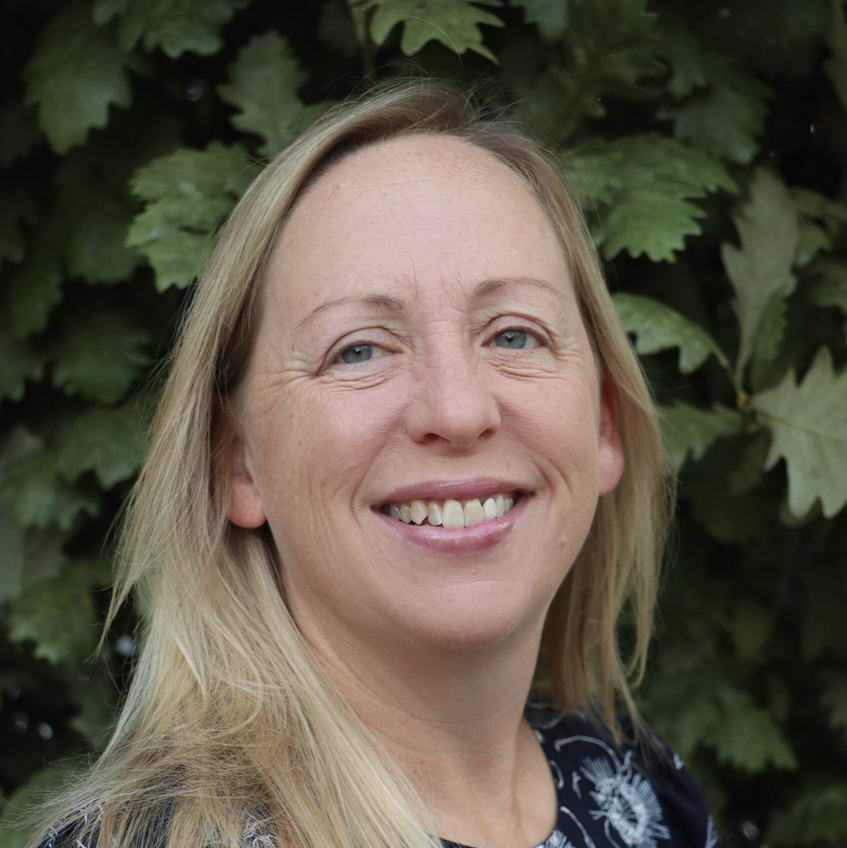Is it possible that something positive came out of the cyberattack that knocked Change Healthcare offline a year and a half ago?
Alan Smith thinks so.
Though it had extremely detrimental consequences – at last count, 190 million individuals were affected – the event “forced everyone to say, ‘what are we going to do?’ and rethink their vendor management philosophies.
“It’s interesting; we pride ourselves on running pretty efficiently. One way to do that is to get to one contract, one vendor,” said Smith, CIO at LifePoint Health. After the headline-grabbing cyberattack, “we’ve changed our dialogue to, maybe we should have two. Maybe we should spread out the risk a little bit.”

Alan Smith
The Change Healthcare incident also sparked another discussion that he believes has been muted for too long. “As an industry, I don’t think we talk enough about business continuity,” said Smith. “As the chief operator, you need to own how we continue to operate in a degraded environment because it’s going to happen.”
During a recent Keynote interview, the veteran leader talked about the mindset shift he’d like to see in healthcare, the constantly evolving CIO role, and the qualities he finds most valuable in future leaders.
One of the biggest challenges with business continuity, according to Smith, is the ownership piece. “Some people say it falls under cybersecurity, and some say it’s the CIO’s job,” he noted. “It’s not. It’s a shared game,” particularly when an incident hits and EHRs are down for days – or even weeks, and everyone feels the impact.
Fortunately, the conversation has changed “to some degree” in recent years, but there’s still room for improvement, and it starts with clarity. “What does business continuity mean? It doesn't mean the same thing to different people,” he said. “You’ve got to come up with a common lexicon and get everyone to agree on it.”
The ability to lead that conversation is a reflection of the transformation the CIO role has undergone in recent years from tech expert to ‘chief translator,’ according to Smith.
“When you’re with your internal teams, you probably talk a little bit more tech,” he said. “But when you’re with the business, you need to talk about use cases. You need to talk about innovation. What does that mean? How are we going to grow the top line? How are we going to decrease costs and increase efficiencies? It’s more about business enablement and less about hardcore tech.”
What that entails, he noted, is the ability to help prioritize tasks and help lead others down the right path – which sometimes means steering away from AI. “I start with, ‘what are we trying to do?’ Because no tool is the answer to everything,” Smith said. “Let’s talk use cases, and back into the technology that supports whatever we’re trying to do.”
And it’s not just AI tools that can crowd the environment. In fact, most healthcare organizations have more solutions than they need–and it’s affecting them in terms of costs and security. To that end, Smith and his team embarked on an initiative two years ago to review spending across all departments. “We literally went team by team. We sat together for two hours and asked, ‘what does this team do?’ It might be, ‘we’ve got Meditech and we have six people to support that. Here are the metrics.’ We went through all of that, and I think it was really enlightening.”
As a result, they were identify solutions that weren’t essential, and take steps to remove them. If teams wanted to keep them, they had to defend the spend.
What it did, according to Smith, is provide a level of accountability that hadn’t necessarily been in place.
“The IT spend is ultimately the result of a lot of peoples’ decisions; it’s not IT making those decisions,” he noted. “I didn’t decide to put a new payroll system or install PACS or Hemodynamic. Somebody else made that decision and the costs came to us. We’re trying to turn that around and say it’s business ownership that drives these costs.”
As part of that same philosophy, LifePoint is moving toward a consolidated EPR, which has helped improve visibility and boost cost savings. “That’s been huge,” Smith noted. Because “if you don’t know how many contracts you have, you don’t know the spend.”
Another critical decision his team made was to pull all of the TCOs together, which has helped bring awareness to the amount of money being spent. “All of our leaders, AVPs, and directors are looking for opportunities. It’s part of our DNA,” he said. “When they run into some contract that a facility sign that we didn't know about, they always ask, ‘do you need this? Why can’t you go to the standard vendor that we have?’
In doing so, LifePoint is able to “make it more of a team sport and ingrain it into our DNA, which has been huge. Because one person alone can’t do this; you need to have a whole bunch of people finding it, negotiating it and thinking about it.”
Although the orgnaization has undoubtedly made progress, they still have a ways to go when it comes to transprency. “People don’t completely understand how many projects we get hit with,” he said. “We’ve got work to do there.”
Fortunately, he believes the industry is headed in the right direction. The key to steering that ship, Smith added, is to ensure the right people are in the right seats.
One of the attributes that he believes will tip the scales? An inquisitive nature. “I think attitude wins over aptitude. The people who are willing to figure it out and challenge why we can’t do things a different way are going to get a lot farther,” he said.
On the flip side, one of the most important qualities leaders can have is to admit when they’re wrong. “I think that goes a huge way,” said Smith, who also believes leaders should embrace a healthy debate. “I wouldn’t want a team where everybody thinks the same and comes from the same background. I think that’s a recipe for disaster.”
Finally, Smith urged both current and aspiring leaders to stay focused on what’s most important. “Do this job because you want to make a difference. Don’t do it because it’s part of a career path,” he said. “It's a tough job. Do it because you want to impact patients and caregivers.”


Questions about the Podcast?
Contact us with any questions, requests, or comments about the show. We love hearing your feedback.

© Copyright 2024 Health Lyrics All rights reserved